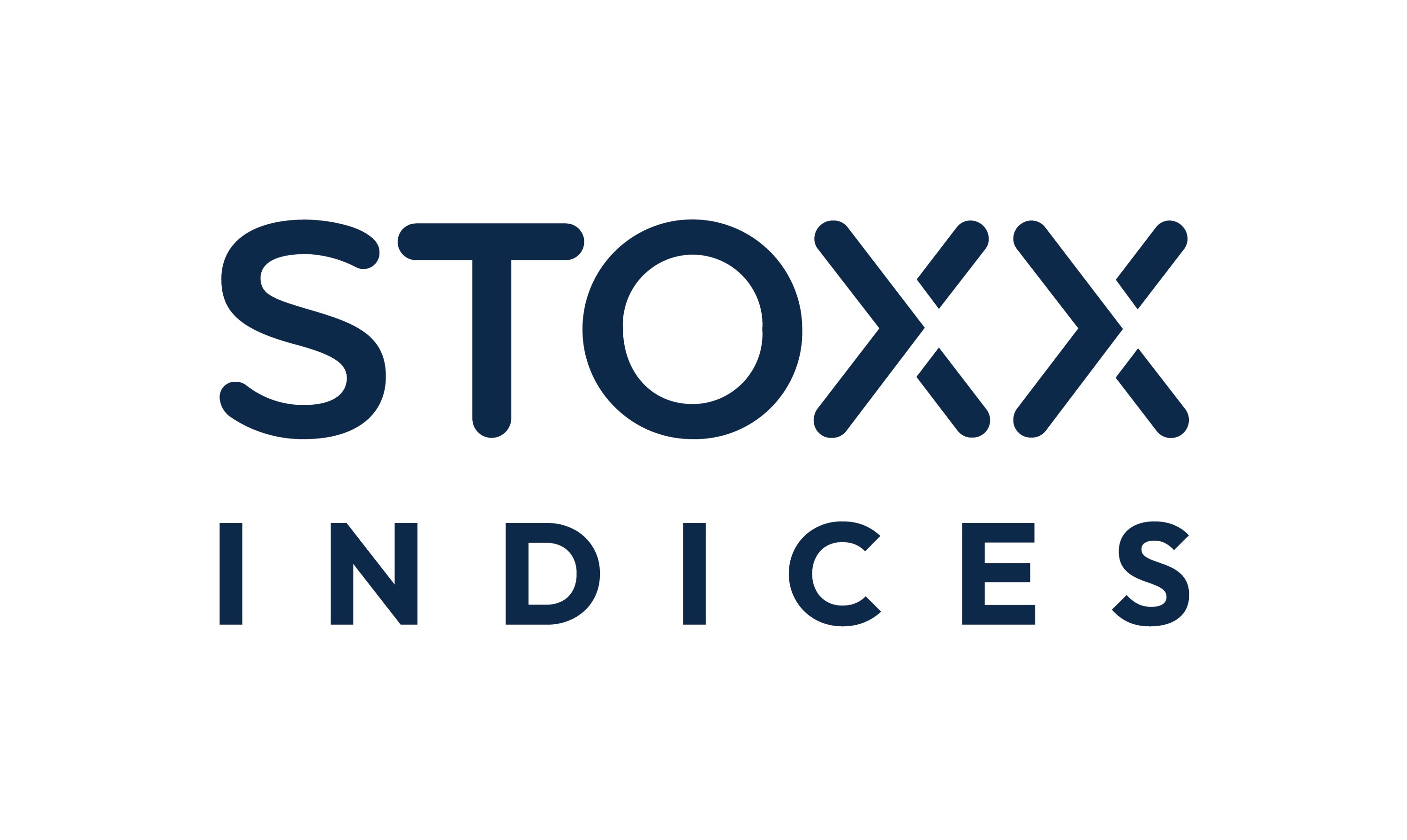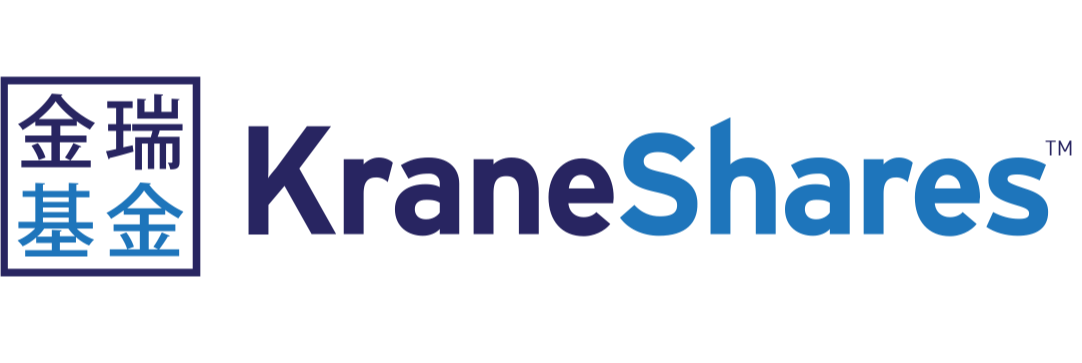Beijing is set to welcome a new stock exchange dedicated to small and mid-cap companies, China’s president Xi Jinping announced last week.
Investors can currently gain China exposure by either A-Shares or H-Shares, with the former made up of Chinese mainland companies with listings on the Shanghai and Shenzhen exchanges, while the latter refers to the Hong Kong listings of Chinese mainland firms.
Following the announcement by Jinping, the country’s financial watchdog, the China Securities Regulatory Commission (CSRC), said its leadership was “excited” about the arrival of the Beijing exchange and stated its belief in the potential of small and medium-sized enterprises.
The CSRC added the registration system for the exchange will resemble that of the Shanghai STAR market, which launched in July 2020 as the Sino equivalent of the US tech-focused Nasdaq exchange.
The introduction of a new Beijing exchange will be a boon for small and mid-cap firms looking to access investor capital. It will be based on a small group of companies currently trading on the National Equities Exchange and Quotations (NEEQ) board and comes as part of government efforts to reform the NEEQ, which has lacked liquidity since its 2013 debut.
The new SME destination will also serve a dual purpose. First, it will seek to reduce debt levels within China’s financial system and will mean SMEs do not have to rely as heavily on the difficult process of acquiring loans from state-owned banks.
Second, some of the more proactive firms have sought out capital raising opportunities over in the US. China will hope the arrival of a Beijing boerse will attract investment to its middling and up-and-coming companies while keeping them directly under Chinese jurisdiction.
Last Thursday, the Chinese Communist Party (CCP) announced 300bn yuan – equivalent to $300bn – in loans for small businesses and the self-employed amid fears of a COVID-19 resurgence.
The launch of a Beijing exchange will aim to mature the Chinese domestic financial markets and help funnel cash into the country’s SMEs, at a time when regulators are cracking down on its behemothic tech firms – especially those which have sought US listings in recent years. It also comes as the US Securities and Exchange Commission (SEC) said it will now require additional information from Chinese firms hoping to list on the country’s exchanges.
Regardless, as seen with the launch of the KraneShares ICBCCS SSE Star Market 50 Index UCITS ETF (KSTR) in May, new exchanges are often accompanied by products targeting them. Perhaps investors should expect a Beijing SME ETF not too long after China’s third mainland bourse debuts.




